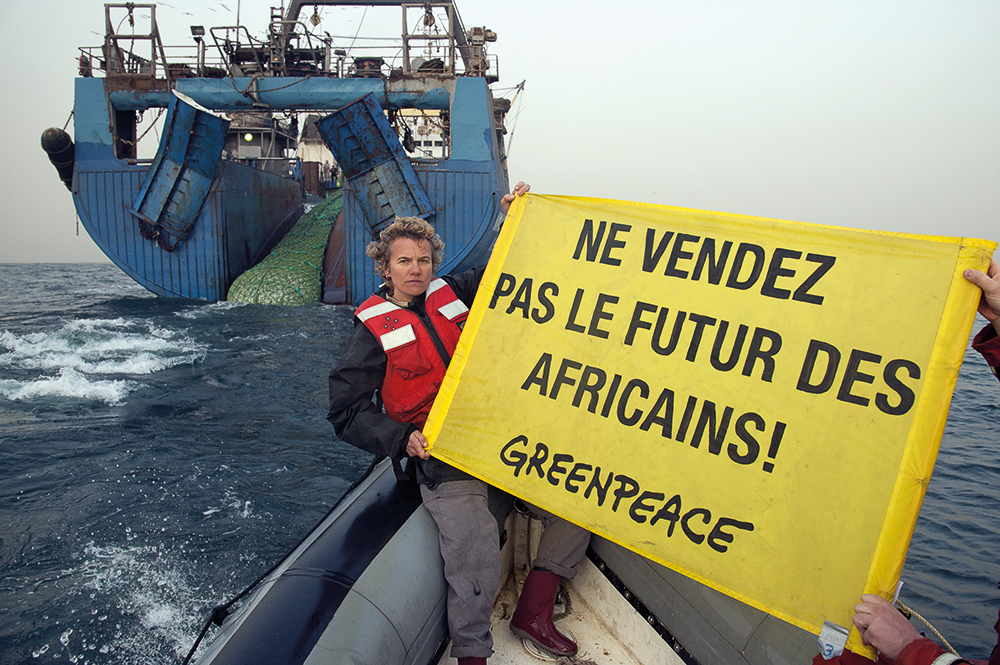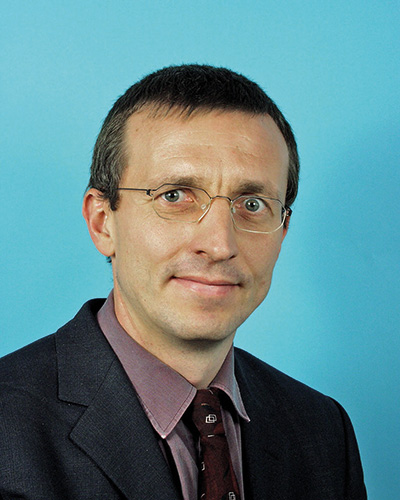DLG-Verlag was founded in 1952 as a subsidiary of DLG e.V. (Deutsche Landwirtschafts-Gesellschaft - German Agricultural Society) with its headquarter in Frankfurt/ Germany. The publishing company provides expertise for the agricultural and food sector.
With its subsidiaries Max-Eyth-Verlag and DLG-Agrofood Medien GmbH the DLG-Verlag offers books and magazines, as well as catalogs of the DLG's international DLG exhibitions.
Members:
Resources
Displaying 31 - 35 of 316Biogas in Vietnam: Simple technology with a major impact
Biogas in Vietnam is chiefly the story of the success of small domestic digesters. However, a feed-in tariff for electricity generated by biogas plants could soon lead to larger scale use of the technology, and so provide new sources of income for farmers.
Sustainable management of fisheries and aquaculture: a huge challenge for development cooperation
The global demand for fish and fish products is continuously increasing. However, fisheries management is still insufficient, leading to over-exploitation, illegal fishing and massive post-harvest losses. Our authors describe what has to be done.
SSF Guidelines: Vital momentum for small-scale fishers
With its Guidelines for Securing Sustainable Small-Scale Fisheries (SSF Guidelines), FAO has created a tool that is to help small-scale fisheries stakeholders empower themselves. Our authors describe its strengths and weaknesses and how it is being put into practice.
Food and nutrition security in the SDGs – where are we heading?
The demand to eradicate extreme poverty and hunger has been the centrepiece of the Millennium Development Goals; the first MDG stands for the inextricable link between poverty and people’s ability to access safe, nutritious and sufficient food. How will the objective of achieving global food and nutrition security be embedded in the SDGs? Will the SDGs be a further step towards this target?
SDGs: Better process, worse outcome
Meant well doesn’t always mean done well. The Sustainable Development Goals are all set to undermine themselves, Stephan Klasen maintains. The worst aspect is that people, who really ought to be at the focus, threaten to fall by the wayside in this technocratic maze of hundreds of goals, targets, and indicators.






